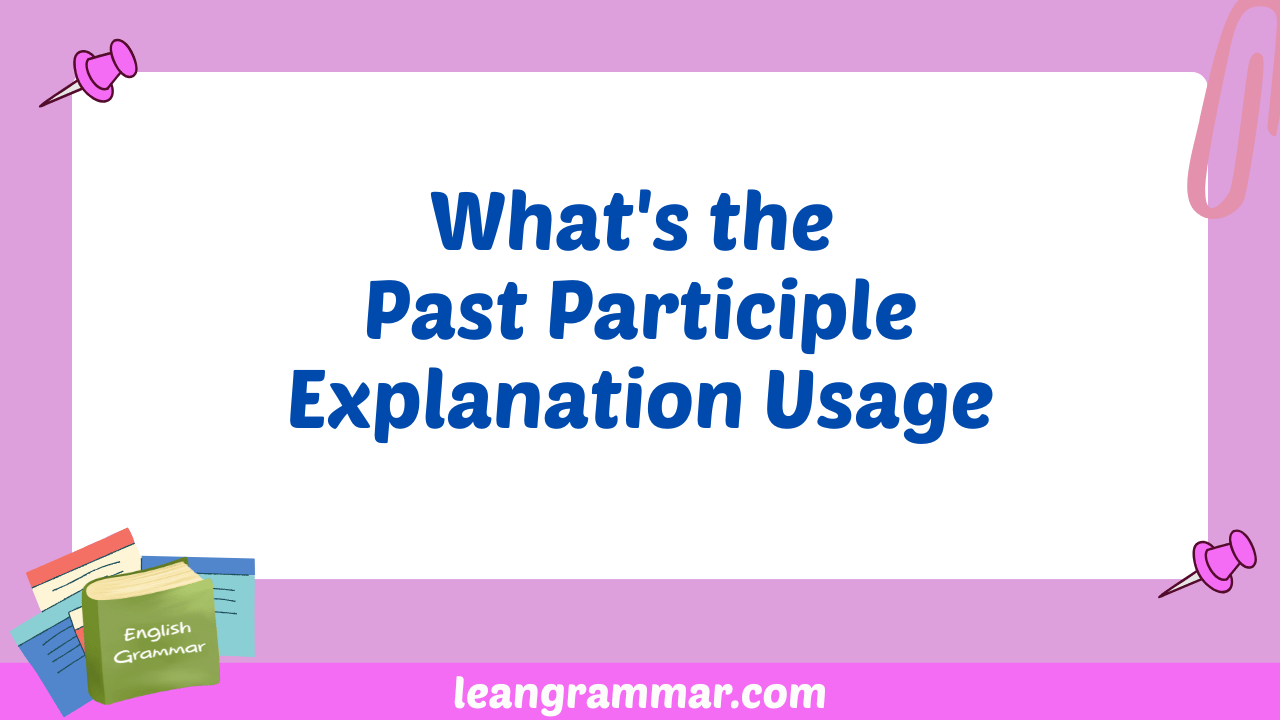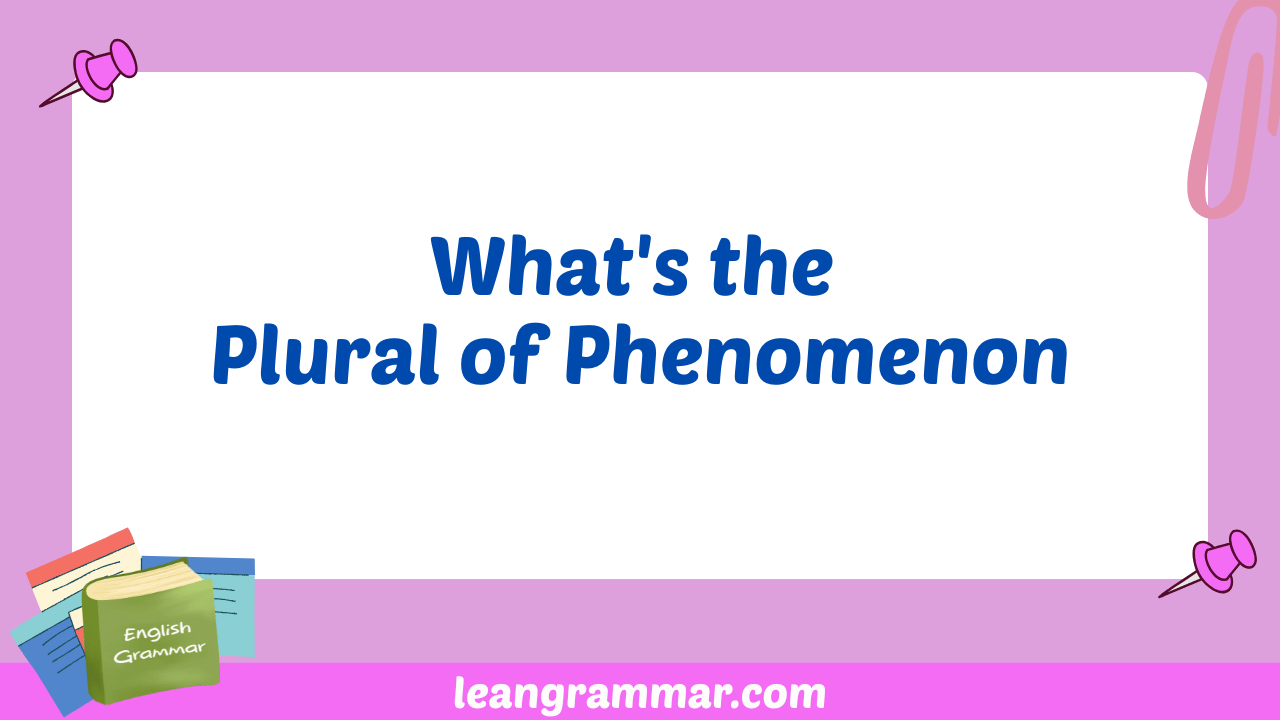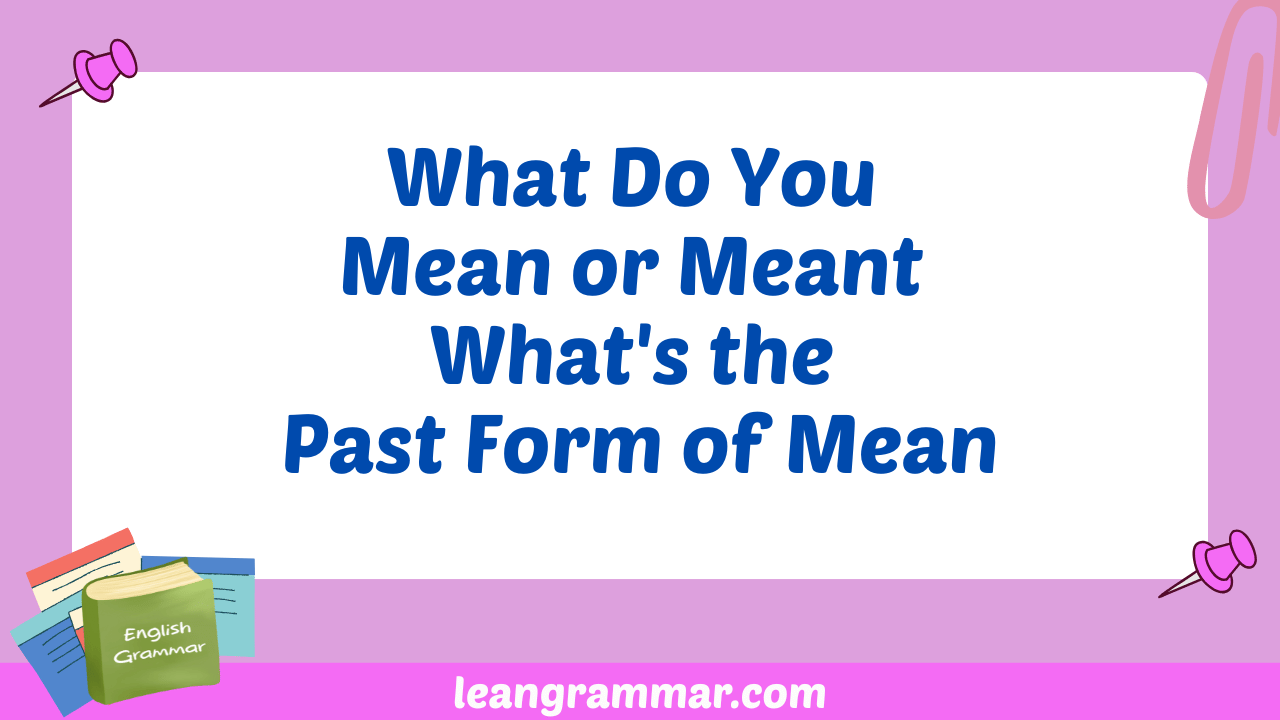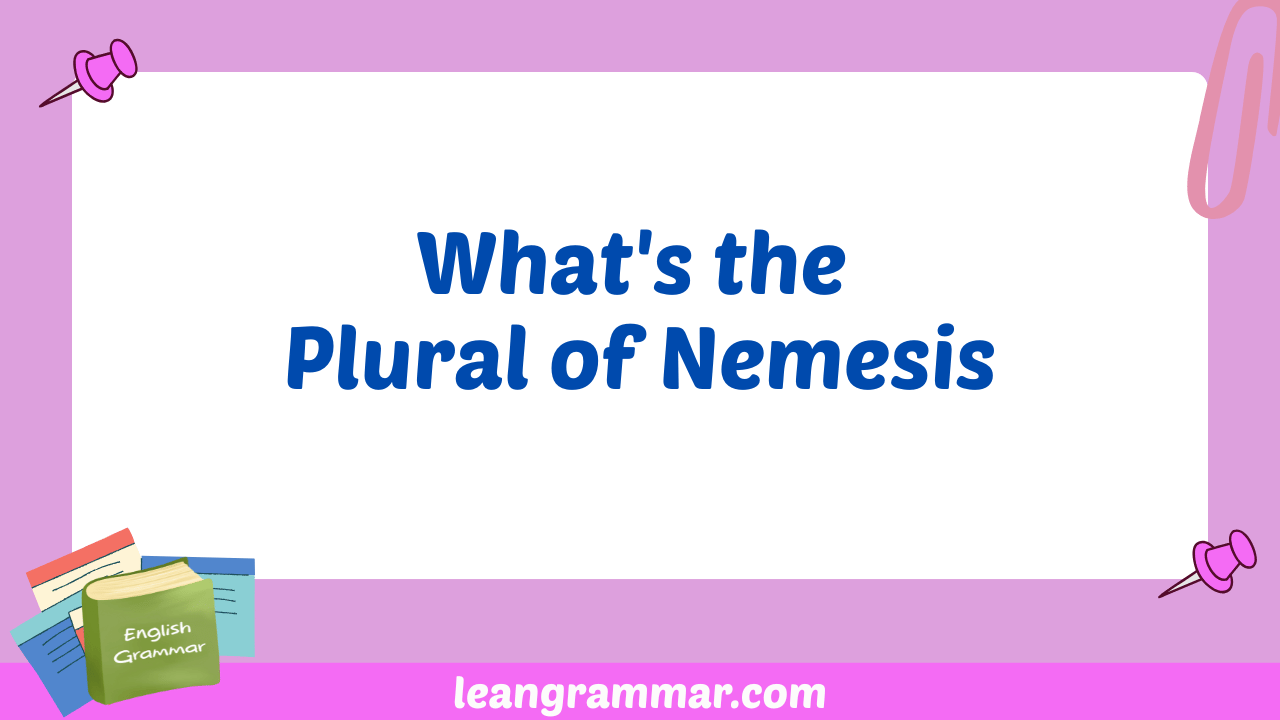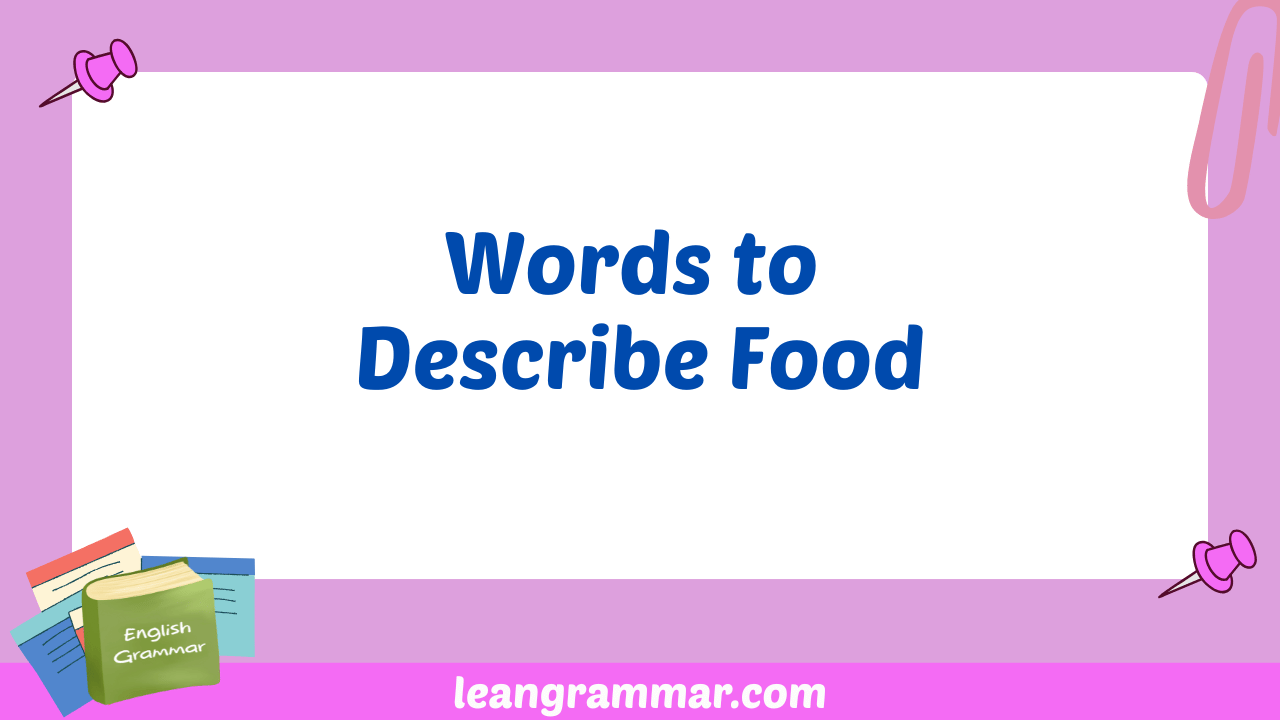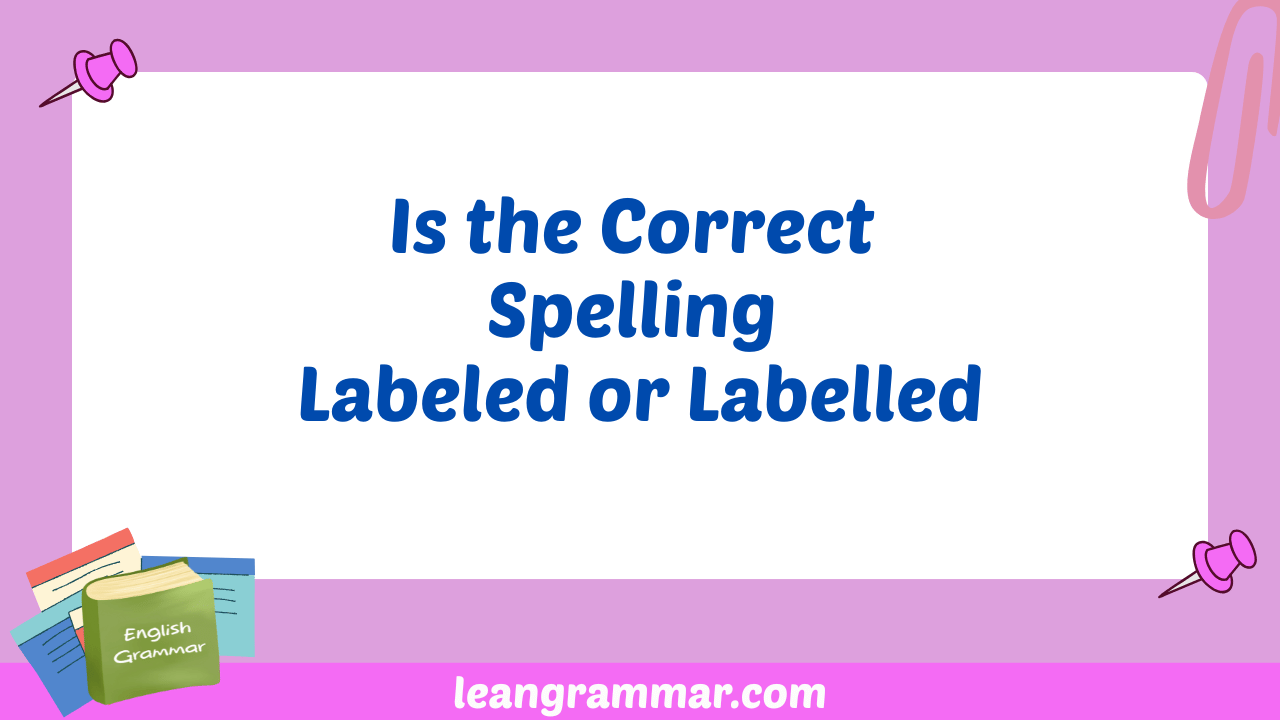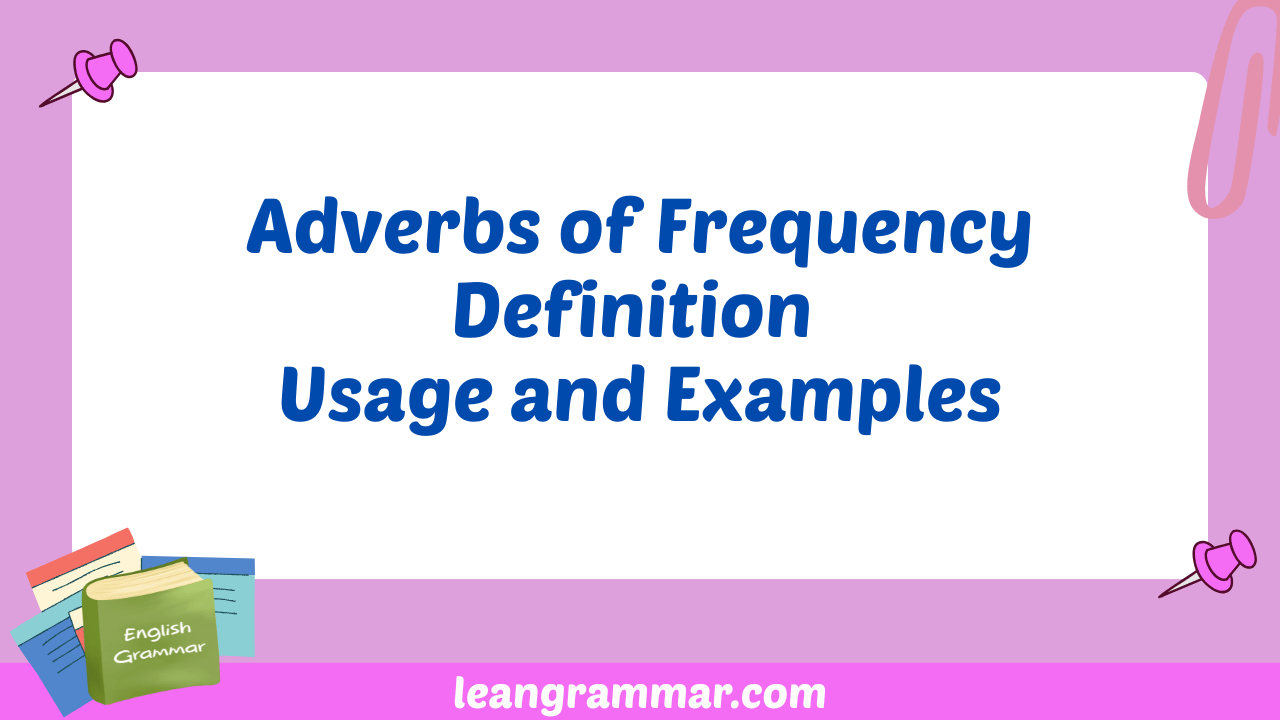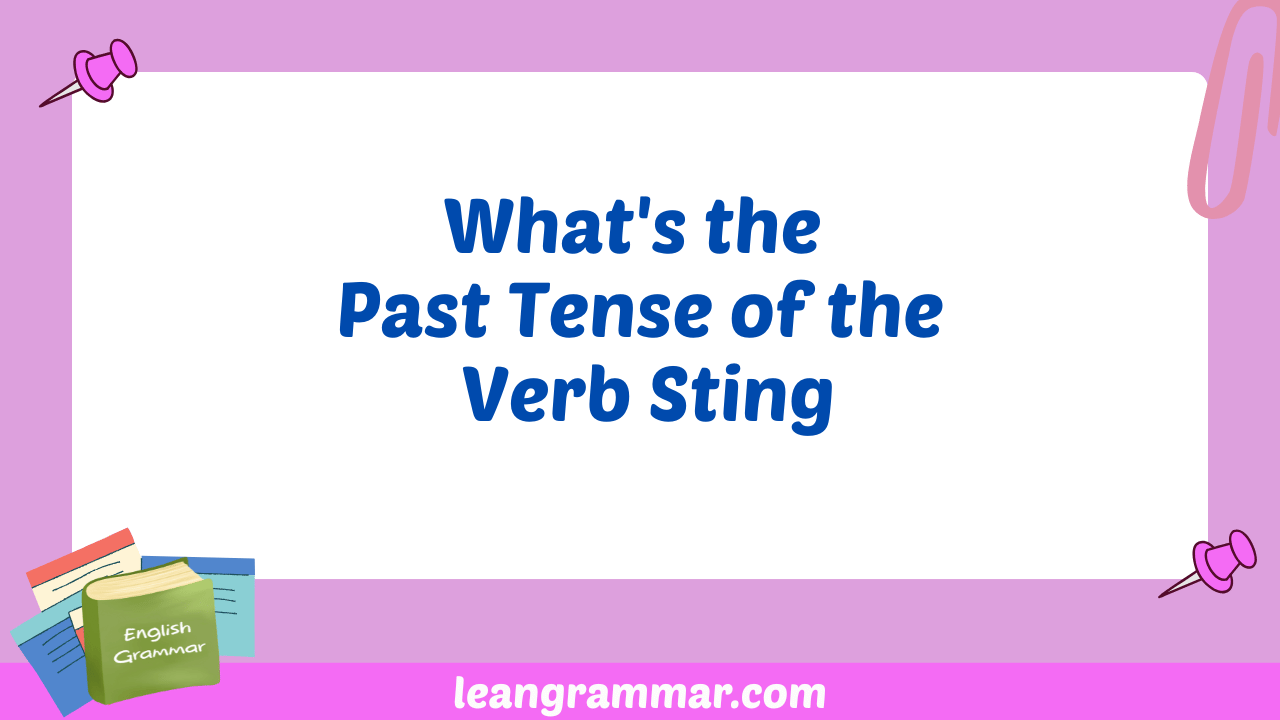Mastering the Past Participle: Definition, Usage, and Examples
The past participle is a crucial element of English grammar, often encountered but sometimes misunderstood. Its mastery unlocks the ability to form perfect tenses and passive voice constructions, enriching your writing and speaking. This article provides a comprehensive guide to the past participle, covering its definition, structure, usage rules, common mistakes, and more. Whether you’re … Read more
